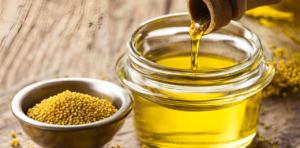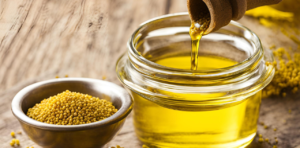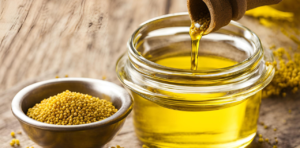The Ultimate Guide to Sunflower Seeds: Benefits, Uses, and More
Sunflower seeds, known as surajmukhi ke beej, are small but mighty nutrient-packed snacks loved by millions worldwide. Whether you’re a fitness enthusiast, a foodie, or just someone looking for a healthy snack, these tiny seeds offer enormous benefits. In this comprehensive guide, we’ll explore their nutritional value, health benefits, uses, and even sunflower seeds price in Pakistan.
What Are Sunflower Seeds?
Sunflower seeds are the edible kernels found inside the shell of the sunflower plant (suraj mukhi). These seeds come in two primary varieties:
- Oilseed Sunflower Seeds: Used for extracting sunflower oil.
- Non-Oilseed Sunflower Seeds: Commonly consumed as snacks.
Nutritional Value of Sunflower Seeds
Wondering about sunflower seeds calories and their nutrient profile? Here’s a breakdown:
| Nutrient | Amount per 100g |
|---|---|
| Calories | 584 kcal |
| Protein | 20.8g |
| Fats | 51.5g |
| Carbohydrates | 20g |
| Fiber | 8.6g |
| Vitamin E | 35.2mg |
| Magnesium | 325mg |
This nutrient-dense composition makes them an excellent choice for a balanced diet.
Health Benefits of Sunflower Seeds
1. Boosts Heart Health
Sunflower seeds are loaded with healthy fats, particularly monounsaturated and polyunsaturated fats, which help reduce bad cholesterol levels and support cardiovascular health.
2. Aids in Weight Management
Although sunflower seeds calories are relatively high, they are rich in protein and fiber, which help keep you full for longer, reducing overall calorie intake.
3. Supports Skin and Hair Health
The high vitamin E content in sunflower seeds acts as a powerful antioxidant, protecting the skin from damage and promoting healthy, shiny hair.
4. Enhances Brain Function
Magnesium, an essential mineral in sunflower seeds, helps reduce stress, improve mood, and enhance cognitive function.
5. Strengthens the Immune System
Rich in selenium and zinc, sunflower seeds help boost immunity and protect the body against infections.
How to Eat Sunflower Seeds?
There are multiple ways to enjoy surajmukhi ke beej:
- Raw or Roasted: Perfect as a quick snack.
- In Salads: Sprinkle them over your favorite salad for added crunch.
- In Smoothies: Blend with fruits for an extra protein punch.
- Baked Goods: Use in cookies, muffins, and bread.
- As a Butter: Sunflower seed butter is a great alternative to peanut butter.
Sunflower Seeds Price in Pakistan
If you’re wondering about the sunflower seeds price in Pakistan, the cost varies based on quality, packaging, and origin. On average, prices range from PKR 500 to PKR 1200 per kilogram, depending on whether you buy raw, roasted, or organic varieties.
Best Places to Buy Sunflower Seeds in Pakistan
Here are some reliable sources:
- Local Grocery Stores – Easily available in packaged or bulk forms.
- Online Marketplaces – Websites like Daraz and Amazon.
- Health Food Stores – Offer organic and premium-quality sunflower seeds.
Side Effects and Precautions
While sunflower seeds are packed with benefits, moderation is key:
- High in Calories: Excessive consumption may lead to weight gain.
- Sodium Content: Flavored or salted varieties can contribute to high blood pressure.
- Allergic Reactions: Some people may be allergic to sunflower seeds.
Final Thoughts
Sunflower seeds (suraj mukhi ke beej) are a powerhouse of nutrients, offering numerous health benefits while being incredibly versatile in consumption. Whether you’re snacking, cooking, or baking, they are a must-have in your pantry. Just be mindful of portion sizes and choose quality seeds for maximum benefits!
FAQs
1. Are sunflower seeds good for weight loss?
Yes! They are rich in fiber and protein, which keep you full and help control hunger cravings.
2. Can sunflower seeds be eaten daily?
Absolutely! But limit intake to a handful per day to avoid excess calorie consumption.
3. How many calories are in a tablespoon of sunflower seeds?
One tablespoon of sunflower seeds contains around 50-60 calories.
4. Are sunflower seeds safe for people with nut allergies?
Yes! Sunflower seeds are not nuts, making them a great alternative for those with nut allergies.
5. What is the best way to store sunflower seeds?
Store them in an airtight container in a cool, dry place to maintain freshness.


